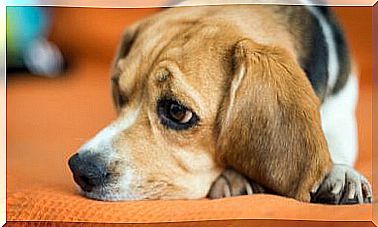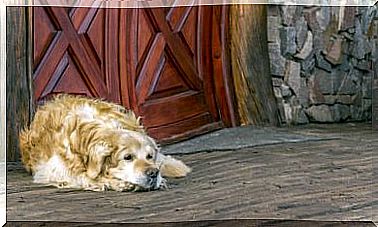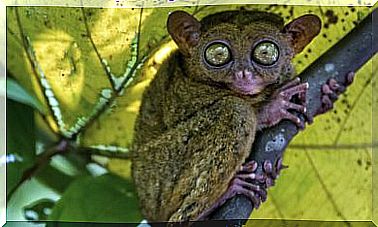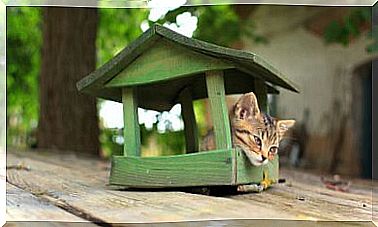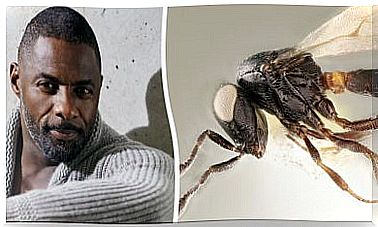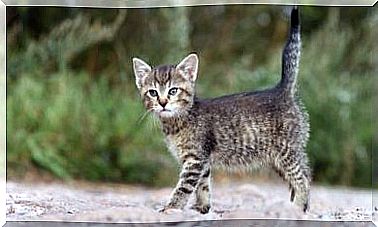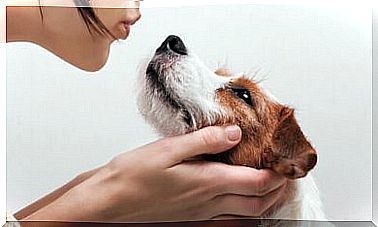Treatments For Depression In Cats
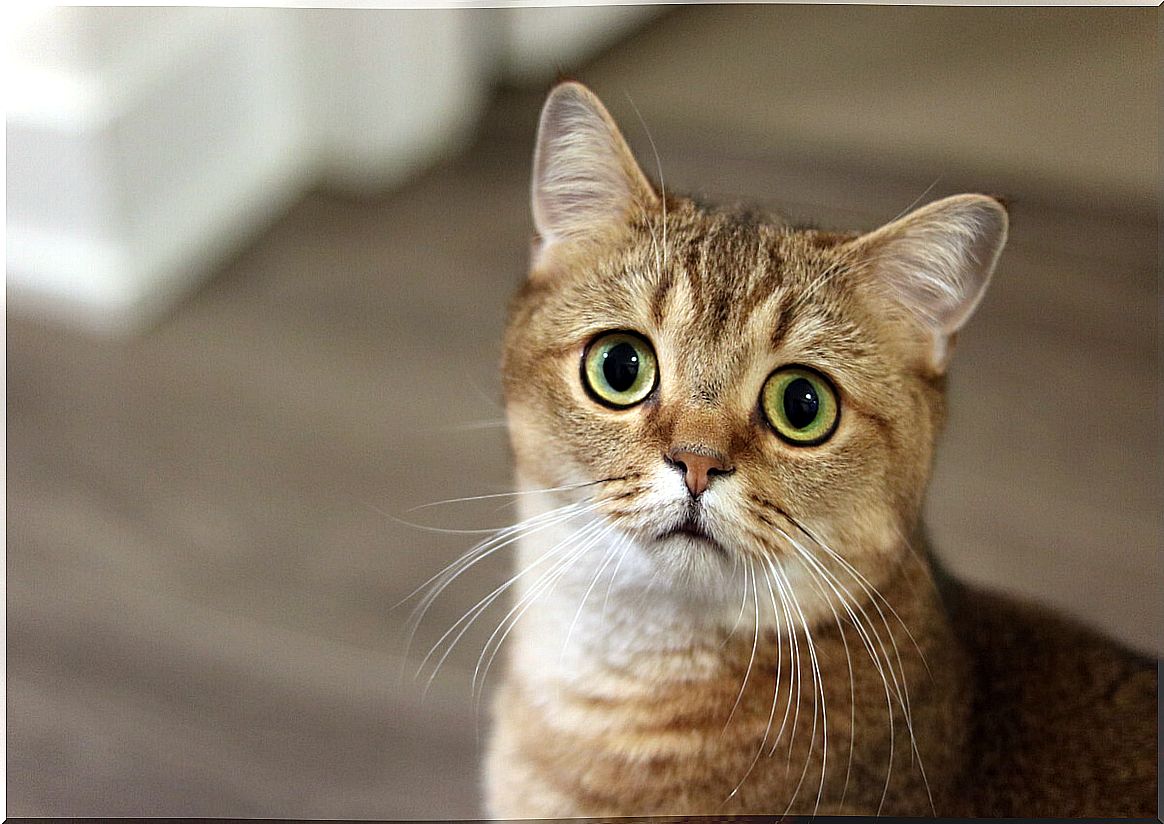
Mental health is one of the great neglected in medicine, especially in animals. So that you can learn more about this topic and how to remedy your pet’s emotional imbalances, here are some treatments for depression in cats.
As guardians of another species, humans may find it difficult to recognize the signs of depression in felines, so you can read a description of the signs of depression first. Do not miss them.
Signs of depression in cats
Yes, cats can also become depressed, like any other animal capable of suffering. These living beings are capable of experiencing the loss of a loved one, being destabilized by losing their freedom if they went out into the street before, or seeing their tranquility diminished by suffering a very abrupt change in their environment.
All of these reasons, among others, will make your feline companion feel sad. Unfortunately, if it is not treated in time, it can become chronic and lead to depression. If your cat shows any of these behaviors, it is possible that he is feeling a strong discomfort:
- Anorexia: the cat stops eating or eats less. You will notice it because his bowl does not empty, the feline does not ask for food and you may also see him lose weight.
- Anhedonia: Anhedonia consists of the inability to feel happiness, which in cats manifests itself with inactivity, absence of play and / or grooming or isolation for long periods of time. In this state of mind, it is common to see them lethargic, but with no signs of being comfortable – such as squinting.
- Hypersomnia or disturbed sleep: being animals that sleep many hours and during the day, this sign is difficult to detect in cats. However, if you think that your pet is still sleeping too much or is sleeping at hours that are not normal, you should suspect an emotional pathology.
As you can see, the symptoms of depression in cats are quite similar to those of humans. However, a series of considerations must be taken into account, which are detailed below.
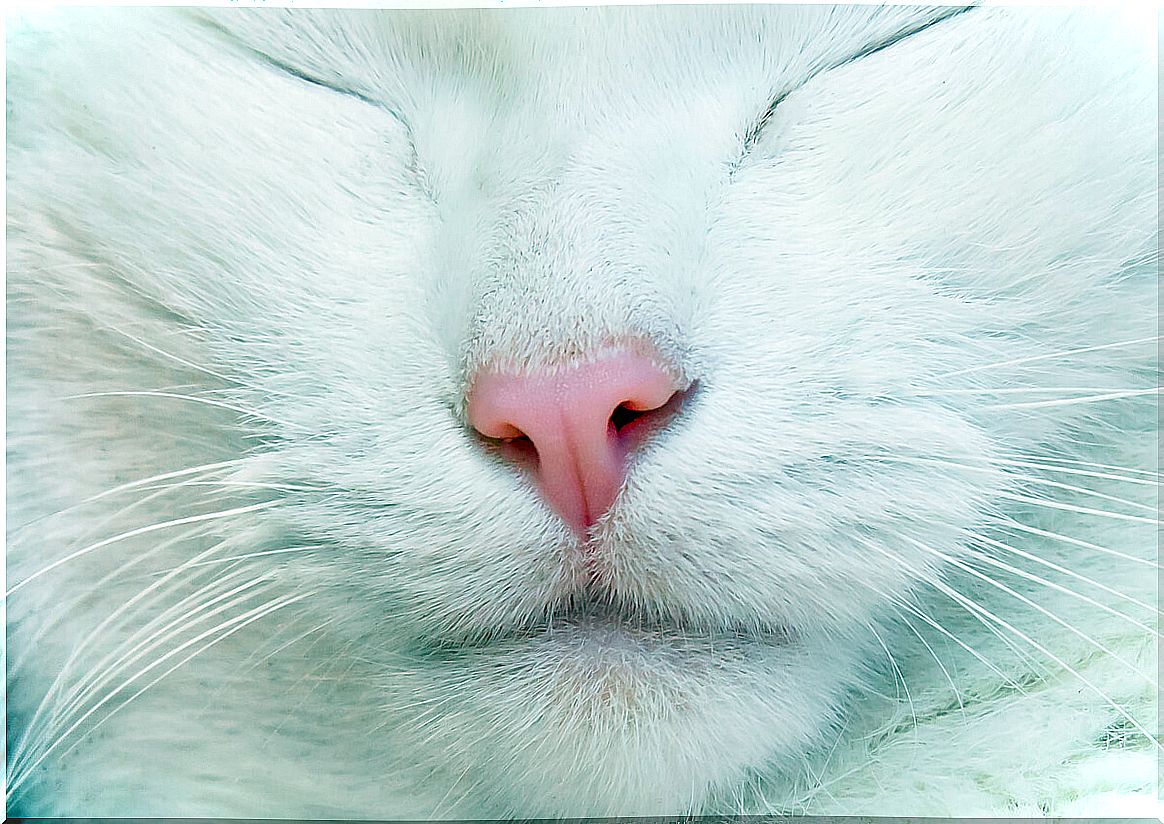
Anxiety and depression: differential diagnosis
It is important to distinguish between depression and anxiety disorders, as they can lead to the same behavioral signs, but they are opposite processes. If you observe any of these behaviors in your feline companion, it may be anxiety and not depression :
- Excessive vocalizations: if the cat meows continuously or at hours when it does not usually do so, it is possible that something causes anxiety.
- Abnormal bowel movements: If the litter box is not being used or the litter box is dirty and untidy, it is also suspicious.
- Aggression: In general, any sudden change in character can be an indication that something is wrong.
- Obsessive behaviors: grooming excessively, nibbling fingers, walking in circles or continually scratching the same furniture are examples of these stereotypies.
It is also very important to rule out disorders of physical origin that may be affecting the animal’s mood. In fact, an examination of its physiological health is necessary before applying treatments for depression in cats.
Treatments for depression in cats
Once you have the correct diagnosis, it is time to take action. Here are several steps you can take to prevent and cure depression in your cat once and for all.
Environmental enrichment
It is common to think that there is no use looking for the feline with toys, since he is already depressed and ignores them, but nothing is further from the truth. Encouraging him to play and giving him new things to explore will motivate him to come out of his slumber and start the recovery process.
There are not only toys to treat depression in cats: the treats will stimulate their appetite, the olfactory enrichment will make them move to investigate and the intelligence games will start their brain. These are just a few of the many options out there.
Much love
Who does not like affection when they are sad? Spend time with the cat, groom it, play, talk to it: give it love, in short. It should not be thought of as a silver bullet — a depressive disorder is not only pampering — but it is the necessary foundation for recovery.
Promotes your peace of mind
Maintaining a calm and stress-free environment is essential to avoid aggravating depression or creating anxiety. Background music for cats or the use of pheromones are measures increasingly used for this.
Also, your cat may be inactive for many hours, but he is not resting well. Providing him with a fluffier bed or warm blankets can help improve his rest and prevent his deficit from aggravating the feline’s depressed state.
Catnip or catnip
This cat-friendly herb contains a substance called nepetalactone in its stems, leaves, and seeds. This component can produce euphoria in cats, but should not be administered lightly.
Typically, treatments that include catnip are tightly controlled so that they don’t overdose or addict. Also, your cat may not be sensitive to this substance: only 1 in 3 felines experience its effects.
Treating Depression in Cats with Medications
Pharmacology can be a good basis for treating depression in your feline if it is very strong, but it should never be the only measure. Antidepressants are addictive and have certain side effects that are not always easy to cope with.
The most used active principles are clomipramine and fluoxetine – also known as Prozac in human medicine. They must be prescribed and dosed exclusively by a veterinarian.
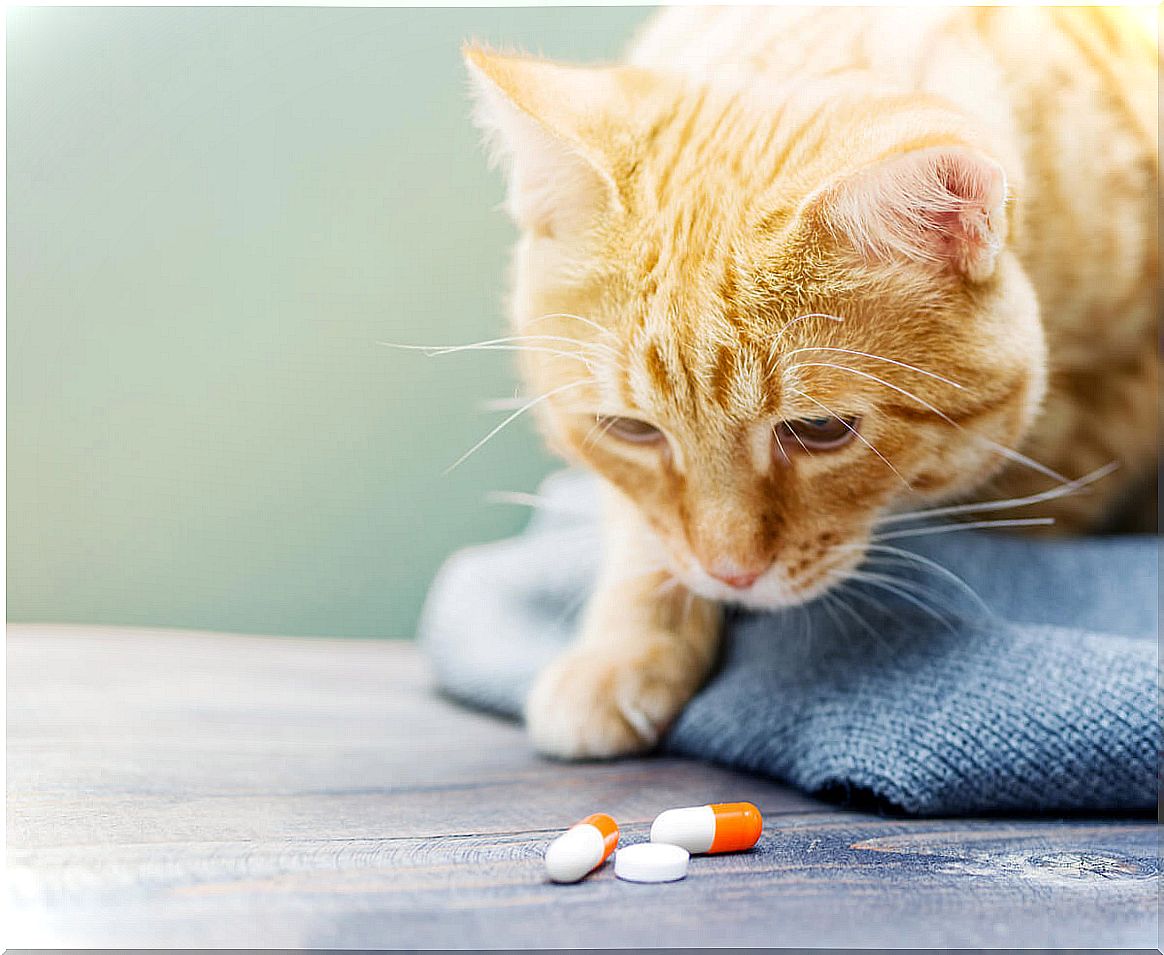
Prevention as the best weapon
Sometimes it is not possible to avoid depression, as life takes many turns and pets also suffer the effects of loss or the stress of an overwhelming routine. Mental illnesses are like physical illnesses: with treatment and patience, the animal should experience a clear improvement.
As a final note, it is important to emphasize 2 things: if you want to avoid the appearance of depression in cats, you must take care of their emotional life. If you have to treat it, it is necessary to go to an expert in animal behavior.
